Whether you work in a standalone radiology lab or as part of a hospital-based group or department, you’ll eventually run into the exact requirement: the necessity to buy radiology software.
When determining what to buy, industry experts say several factors to consider both financially and clinically. Furthermore, the decision is personalized based on your clinical needs and financial constraints.
Online radiology software in India
Keeping these elements in mind will help you make efficient purchasing selections, whether you’re in an urban facility that uses special equipment or a rural community setting that requires machines for more generalized studies.
We offered a complete checklist of questions to consider while purchasing online radiology software in India in this article.
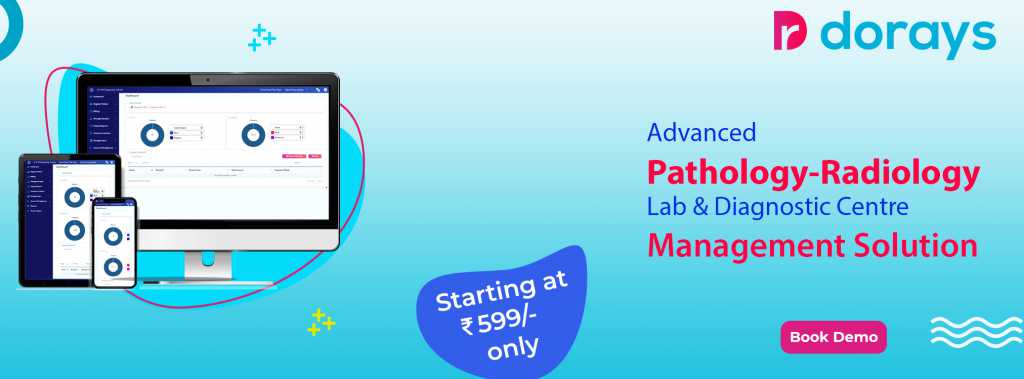
Is it simple to use radiology AI software?
Productivity, ease of navigation, minimal mouse clicks, and quick turnaround times are priorities. Check to see whether you’re getting everything you need.
Will Your Radiology Software Support Access be helpful?
Before you buy a piece of software, be sure you know what kind of support you’ll get in the future. It’s crucial because you and your team need to know what help you can receive from the software provider if something goes wrong or you have a question.
Some of these organizations have more employees on the sales force than they have in support and maintenance, which means there are many people out there selling it, but relatively few to serve their existing clients.
Will the company provide a trial?
It is always preferable to request a trial and a comprehensive implementation before enrolling rather than purchasing on impulse. It makes no difference how many individuals have purchased a product. Active users (customers who use the product regularly) are essential, and their experiences are crucial.
Have you done a return on investment (RoI) analysis?
It’s genuine to get caught up in the excitement of an AI tool, but in the end, the software will have to be paid, and healthcare isn’t known for its plethora of resources and money. So at the very least, rigorous RoI studies should be conducted to ensure that the solution is locally viable.
Who is the software built for, and what problem is it supposed to solve?
It may seem self-evident, but it’s critical to specify the precise clinical need the AI tool should address and how it’s supposed to function. For example, the app might be used as a double reader or another clinical tool, and it could produce various clinical outputs such as diagnosis, prognosis, or quantification.
Has the algorithm undergone rigorous and independent testing?
In most cases, the company should have adequately assessed AI technologies in their performance. This testing, on the other hand, may disclose some biases. Some patient groups, for example, may have been overlooked, or some scanner vendors may have been underrepresented.
What do you need in terms of IT infrastructure?
It’s usually a good idea to get advice from your IT department as soon as feasible. They will assist you in determining interoperability and guiding you through obstacles that may obstruct the tool’s deployment, such as network security concerns.
What happens if something goes sideways or the results aren’t accurate?
Because the AI tool will make mistakes from time to time, discussing and fixing issues and faults is essential. Like medicines and other products, AI technologies will be subject to post-market surveillance.
Final Thoughts
These are among the most crucial questions to think about while selecting an AI product. Although some of the assessment criteria described here may not apply to every circumstance, we aim to have created a framework that will enable all stakeholders to have meaningful conversations with manufacturers and make an informed decision.
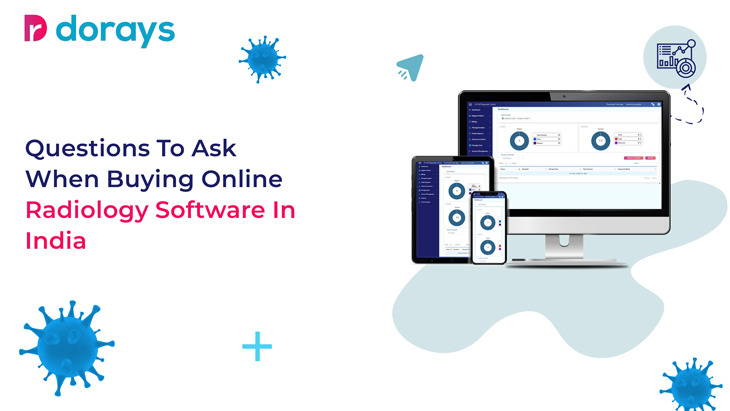
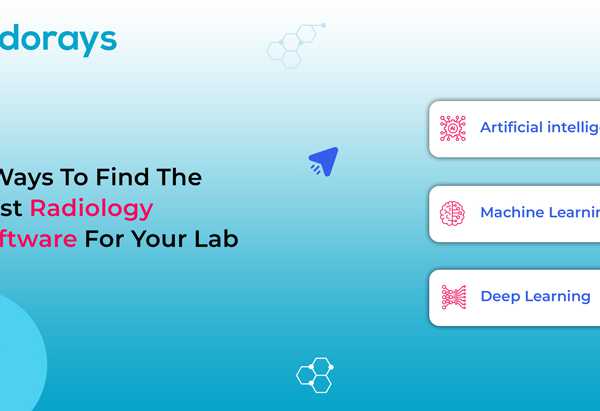
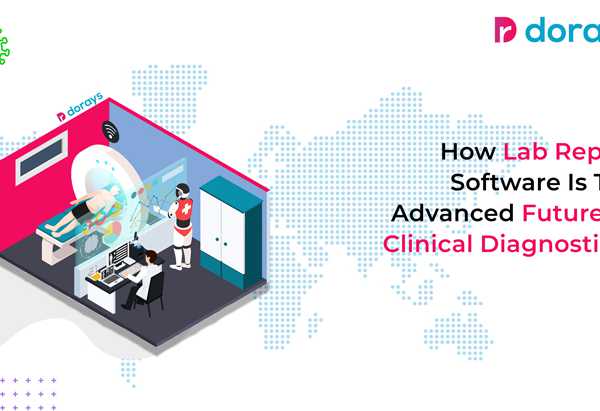

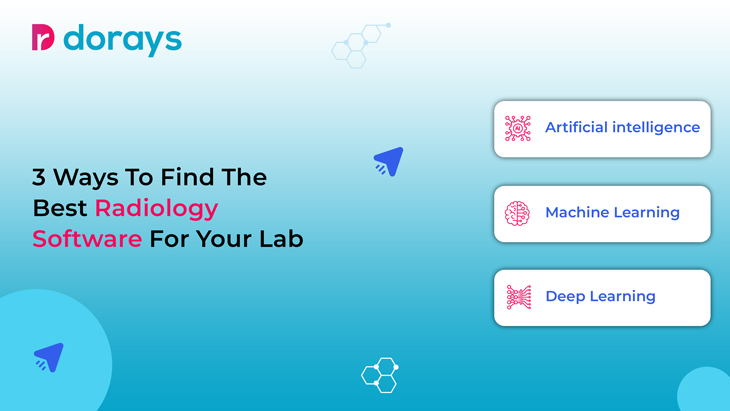
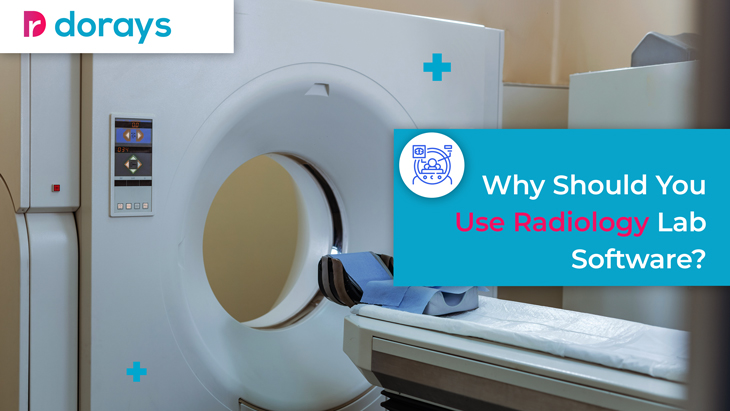
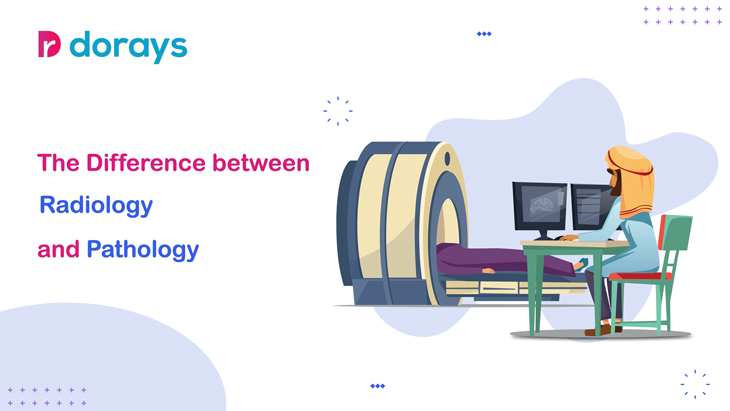
Leave a Comment